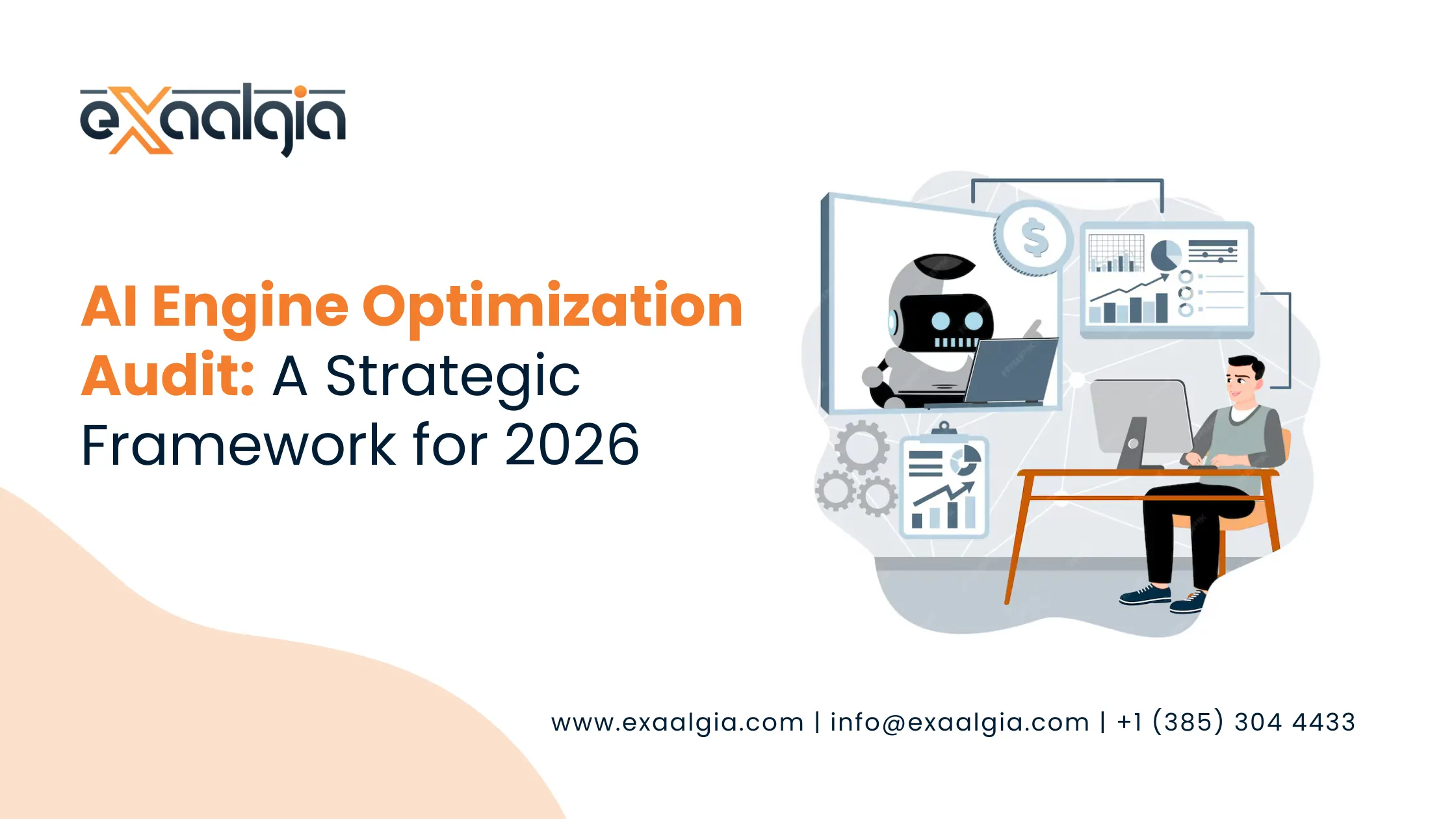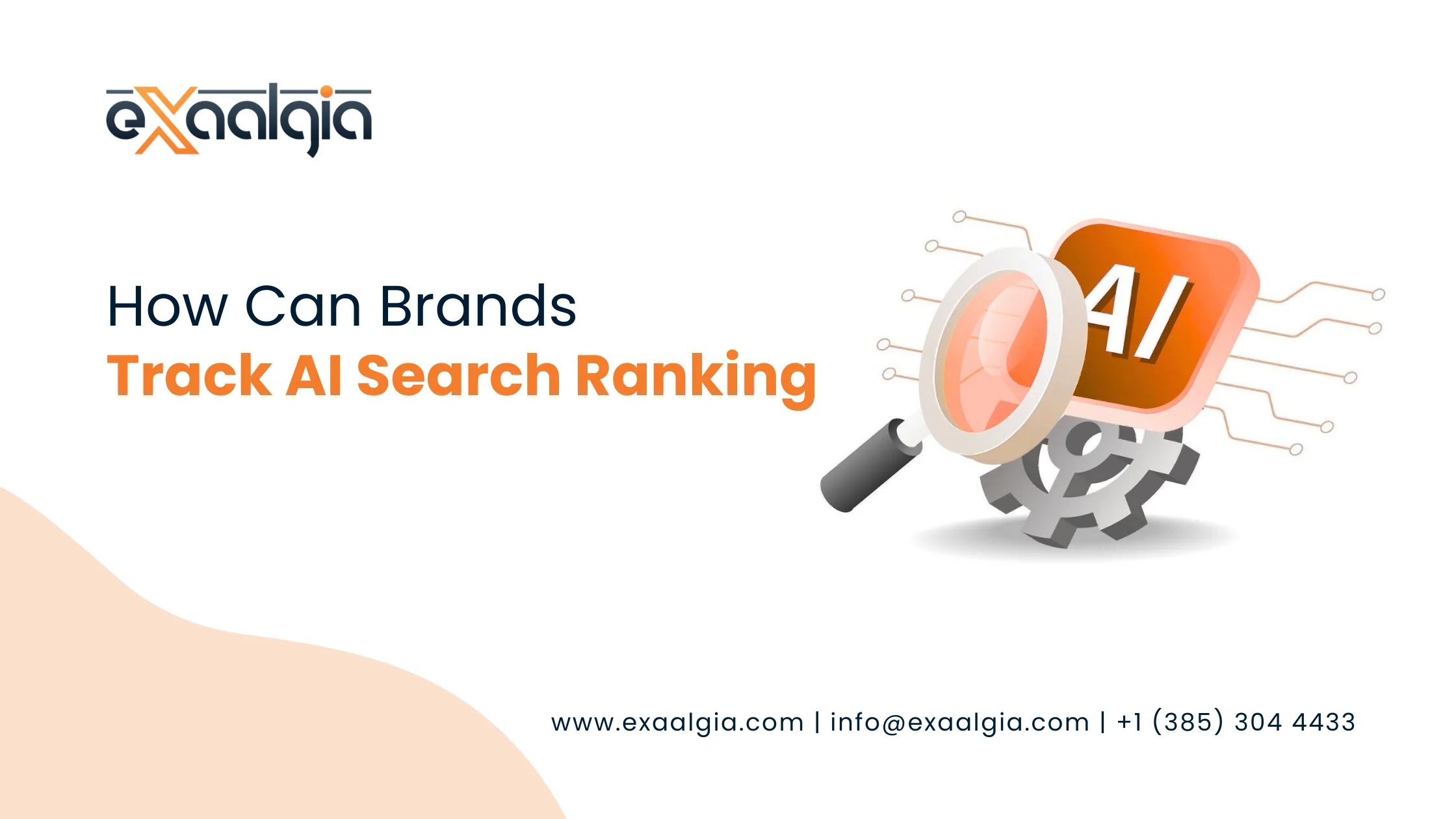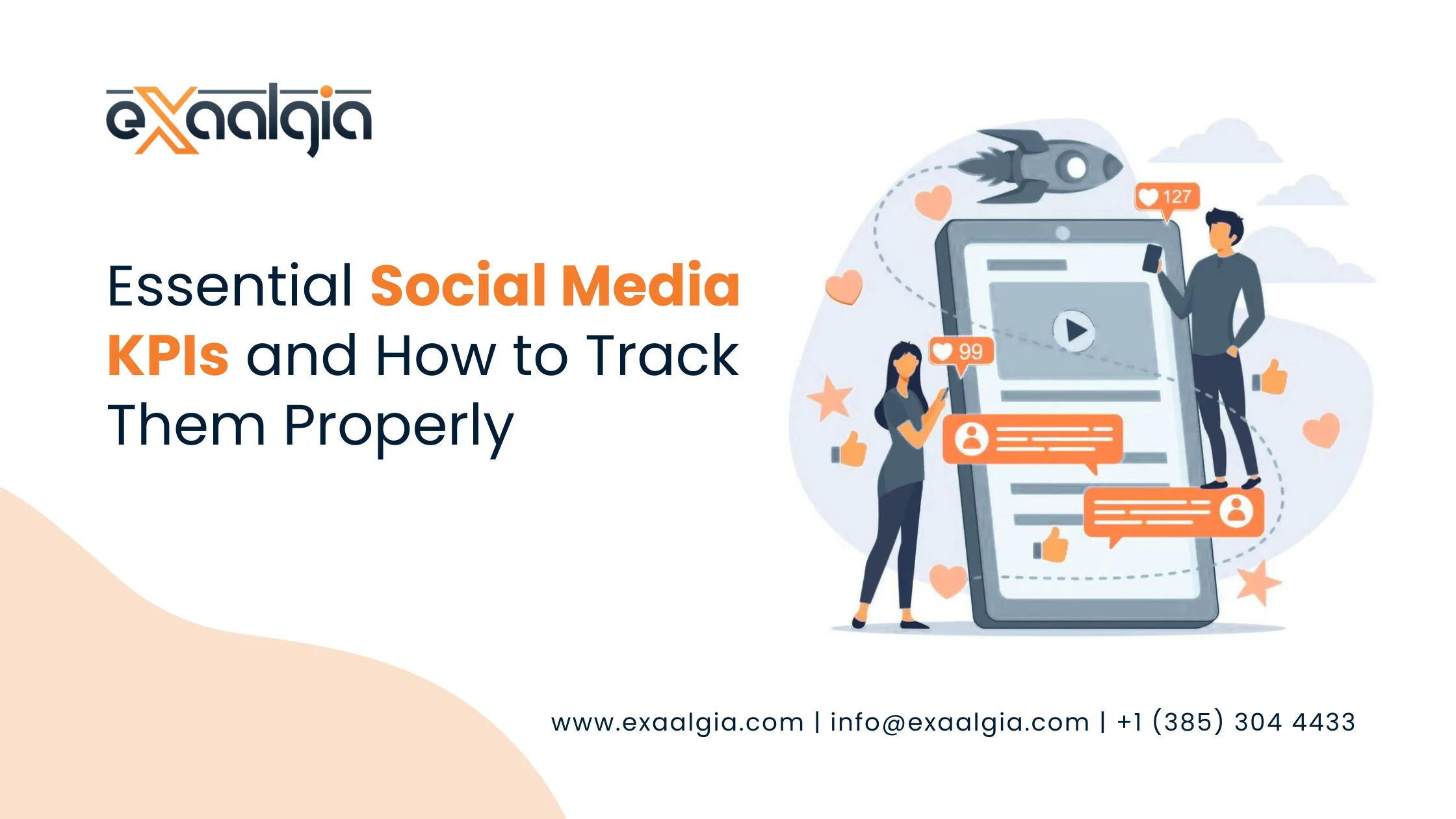This guide delves deep into the importance, benefits, and best practices of SEO monitoring, helping you understand why it’s indispensable and how to make the most of it for business growth.
What is SEO Monitoring?
SEO monitoring is the continuous process of tracking, analyzing, and optimizing a website’s performance in the SERPs. It implies a systemic approach to viewing critical metrics such as organic traffic, keyword rankings, backlink quality, and technical health. These metrics will then be leveraged by businesses in identifying problems, taking opportunities, and ensuring that their SEO strategies are aligned with their goals.
Unlike one-time audits, SEO monitoring is a continuous activity. It would ensure that your website remained in tune with the constantly changing algorithms of search engines and the behavior of those using them. This proactive approach to SEO not only helps a website maintain rankings but is also an edge over competitors.
Why is SEO monitoring important?
The digital ecosystem is in a constant state of flux. Search engine algorithms are updated frequently, competitors are always evolving, and user expectations keep shifting.
Here’s why SEO monitoring is vital:
Stay Ahead of Algorithm Updates:
Search engines like Google roll out regular updates to refine how they rank websites. SEO monitoring ensures you’re prepared for these changes and can adapt swiftly to minimize any negative impact.
Identify and Resolve Issues Promptly:
Technical problems, like broken links, slow page speeds, or indexing errors, can degrade your site’s performance. Monitoring helps catch these problems before they blow up into major issues.
Optimize Keyword Strategy:
Monitoring the keyword’s performance will make sure your targeted keywords are driving the relevant traffic and conversion.
Gain a Competitive Advantage:
Through the monitoring of your competitors’ strategies and rankings, you will be able to know areas where your approach lacks and improve your tactics to surpass them.
Maximize ROI:
Effective monitoring ensures that your SEO investments yield measurable results, maximizing your return on investment.
Advantages of SEO Monitoring
SEO monitoring on a regular basis offers numerous benefits beyond improving search rankings.
These include:
Sustained Visibility:
By constant monitoring, your visibility remains consistent even with updates in the algorithm.
Better User Experience:
Technical and on-page issues are taken care of, which further enhances user satisfaction, thus increasing the engagement and reducing bounce rates.
More Organic Traffic:
Monitoring allows you to adjust your strategies so that organic search traffic keeps flowing steadily.
Actionable Insights:
Monitoring tools give data of what the users do which help you align your content and design with audience preference.
Risk Mitigation:
Using SEO monitoring helps mitigate any penalties that search engines may throw upon your website by making it in compliance with guidelines
Metrics to Track with SEO Monitoring
Good SEO monitoring uses particular metrics that will give you a holistic view of your website performance. Important metrics include:
Organic Traffic:
This measures the number of visitors arriving at your site through unpaid search results. A consistent increase indicates the effectiveness of your SEO efforts.
Keyword Rankings:
Tracking the position of your targeted keywords in search results helps gauge the success of your optimization strategies.
Backlink Profile:
Monitoring the quality, quantity, and relevance of backlinks ensures they adhere to search engine standards and contribute positively to your rankings.
Bounce Rate:
High bounce rates usually indicate problems with user experience or content relevance. Monitoring this metric improves retention.
Page Load Speed:
Pages that load faster improve user experience and result in better rankings.
Indexing Status:
Regularly check if all the important pages on your site are indexed by search engines to ensure they appear in search results.
Domain Authority:
This metric reflects your website’s credibility and potential to rank well in search engines.
When to Apply SEO Monitoring?
Though SEO monitoring should always be performed, there are some scenarios that make it especially important:
- After the Redesign of a Website: In such a case, it ensures that nothing you implemented during redesign would affect the rankings and usability.
- After the Algorithm Updates: Monitoring lets you check whether updates affect your website’s performance or not and apply any necessary adjustments.
- During a Marketing Campaign: This lets you analyze the campaign effectiveness in traffic and conversions generation.
- Launching New Products or Services: Monitoring ensures new products or services get optimal visibility in search results.
- After a Penalty Recovery: Post-recovery, monitoring helps ensure compliance and avoid further penalties.
Tools and Best Practices for SEO Monitoring
Use the right tools and follow best practices to make your SEO monitoring much more effective. Here are some of the most important tools and strategies:
- Google Analytics and Google Search Console: These are free tools for understanding traffic, user behavior, and technical performance.
- SEMrush and Ahrefs: Paid tools, offering all features in tracking keywords, backlinks, and competitor monitoring.
- Regular Audits: One must perform technical audits to find issues and fix them before they impact the performance.
- Set Alerts: Set up alerts using tools for critical changes in traffic, ranking, or backlinks.
- Collaborate with Experts: It involves partnering with a Digital Marketing Company that offers specialized expertise as well as proper monitoring.
FAQs – SEO Monitoring
1. Which tools are best for SEO monitoring?
Among the most effective SEO monitoring tools, you find Google Analytics, Google Search Console, SEMrush, Ahrefs, and Moz.
2. How often should I perform SEO monitoring?
SEO monitoring should be a regular activity. Perform detailed checks monthly and quick scans weekly to stay on top of changes.
3. Can SEO monitoring help recover from penalties?
Yes, it helps identify the issues that led to penalties and provides actionable data to regain lost rankings.
4. Is SEO monitoring costly?
It will all depend on the tools and services applied. But usually, the returns in terms of visibility and traffic are worth the money.
5. Is monitoring of SEO necessary for small businesses?
Absolutely. Monitoring of SEO enables small businesses to level up their game by remaining present in the online world.
Final Thought
SEO monitoring is not a one-time activity; it is an ongoing process that ensures your website remains competitive in an ever-changing digital landscape. By proactively tracking performance metrics, resolving issues, and optimizing strategies, businesses can achieve sustained growth and visibility.
Partner with a professional Digital Marketing Agency, such as Exaalgia, to simplify the complexities of SEO monitoring. With expert guidance and cutting-edge tools, you can maximize your website’s potential and achieve your business goals. Start your journey towards better SEO management today and secure your place at the top of search engine results!







